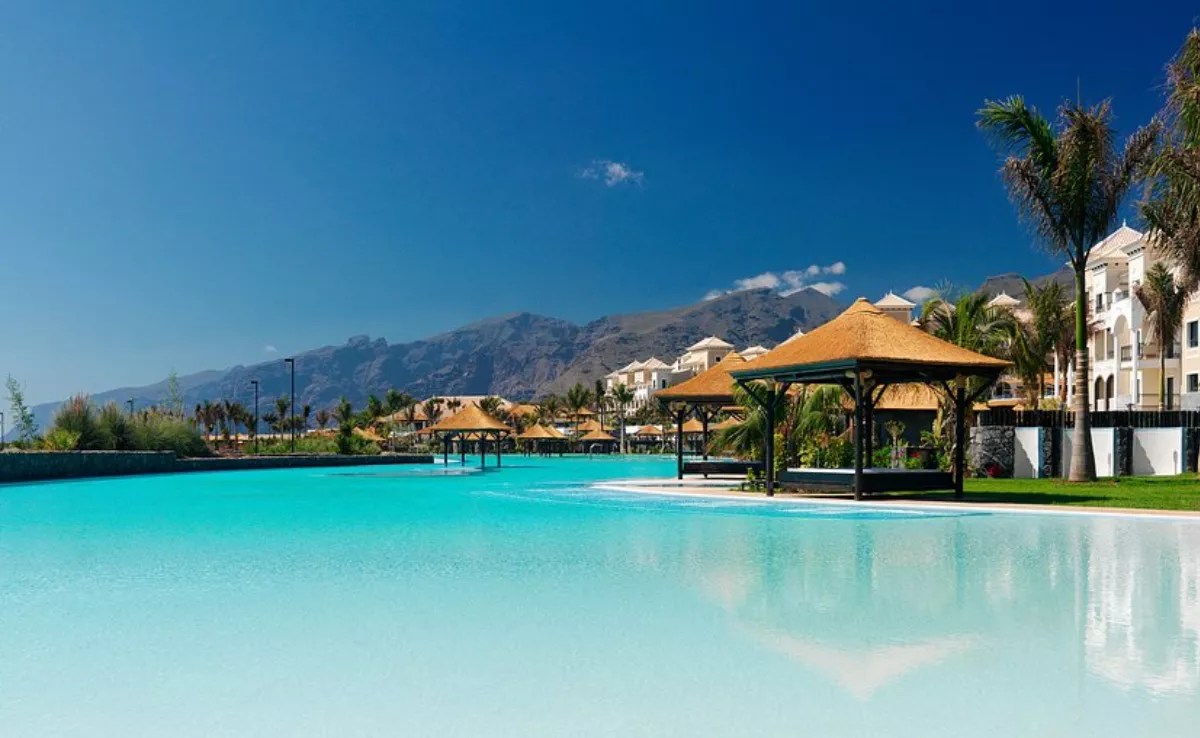The strike by the Tenerife Tram workers, which has already lasted a year and a half, will continue, at least on the part of Comisiones Obreras. Thus, despite UGT and USO forming a new majority on the Works Committee after the union elections, in the Strike Committee, CCOO warns that their organisation remains the “majority,” so they will persist with their demands despite the recent complete removal of silica dust.
The substance, which was present in the tram’s traction and braking system, has been replaced with calcium silicate as a result of a transposition of a European directive pointing to the carcinogenic nature of the element. Thus, last 25th June, the island corporation announced the completion of the removal process, after which they expect it to be “a turning point” for the tram workers’ strike to be called off.
“The removal of silica sand is just one of the strike points, a point that, in addition, is not from this strike, but from the previous one, and it became an additional point due to the failure to comply with the previous strike settlement agreement by the new corporation,” stated Jonay Acosta from Comisiones Obreras to Europa Press.
In this way, Acosta laments that the current team of the island corporation celebrated the total removal of silica dust a few days ago as “a triumph”, while the replacement was scheduled for January 2024 and, moreover, is a matter carried out because the current legislation mandates it: “They have taken forever,” he comments.
Thus, Comisiones Obreras will continue with their demands, as the “company — they warn — continues to disrespect the settlement agreement signed with the previous corporation.” They also note that the level of compliance with the strike claims is only 25%, with 75% still to be fulfilled.
“Even though the sand has been removed, there is still a preventive part to do: To recognise the risk to all workers who have been exposed to it. The company is still reluctant to do this with the middle management, who have been just as exposed as the front-line staff. At a preventive level, even though they have already begun the replacement, the long-term consequences of that exposure remain,” explains Acosta.
Among the current demands, they also highlight the need to address organisational and contractual changes in the company as the staff “are not adjusted to the current free public transport.” “Since the free transport started in 2021, the staffing has not been adapted,” according to CCOO.
Thus, derived from the demand that the free transport produces, the situation is already “hindering” the health of workers, who encounter full trams during their working day, facing some aggressive behaviour and verbal violence from users.
The Tram in Summer
Metrotenerife will apply the summer timetable for the tram service starting Monday, and will do so in two phases to adjust the transport offer to the season’s demand. Thus, Line 1 will operate during peak hours on working days with frequencies of 6 minutes, while Line 2 will do so every 12 minutes.
The activation of the summer timetable will only apply from Monday to Friday. Thus, during weekends and holidays, the trams will maintain their usual frequencies and schedules, with uninterrupted service throughout the night, as reported by the public company this week in a statement.
They explain that the summer timetable will be adapted in phases. From 30th June to 6th July, Line 1 will operate every 6 minutes from 07:00 to 15:00 hours, Monday to Friday (working days), then spacing out stops to 7 and 15-minute intervals until the service ends at midnight.
For Line 2, the trams will run every 12 minutes during the same hours and, subsequently, at frequencies of 14 and 15 minutes.
In July, New Adjustment
As with last year, Metrotenerife will adjust the tram’s transport offer to meet the demand that occurs in mid-summer on working days. Thus, on Monday 7th July, Line 1 will have a frequency of 7 minutes and Line 2 of 14 minutes, mainly. This summer timetable will continue until the beginning of September.
From Monday to Friday, the tram service will continue to be affected by the strike carried out by the company’s workers. The situation will impact the morning, midday, and night periods. During the strike slots, the lines will remain operational with the minimum services of 80%.
















